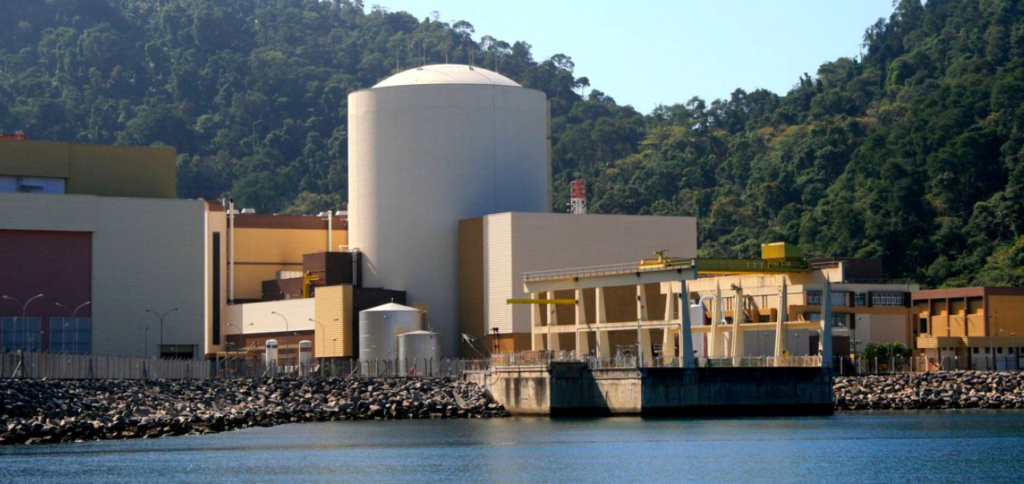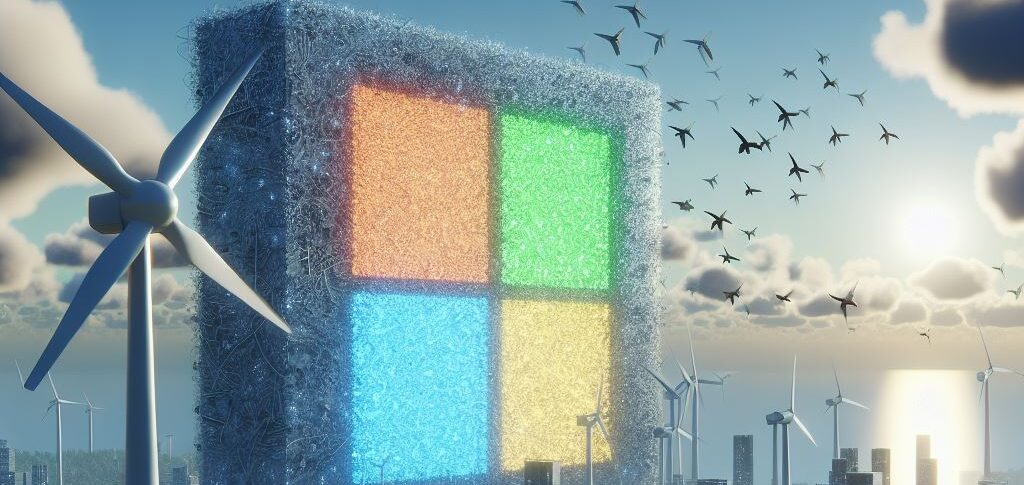Role of nuclear energy today in Brazil
The two Brazilian nuclear plants (Angra 1 and 2) account for around 2% of the electricity generation produced in the country. This week, the Electronuclear, the state-owned company responsible for managing the Angra plants, in Rio de Janeiro, released a note informing that Angra 1 had broken its energy generation record in one month, reaching 485 gigawatt-hours (GWh) in January this year.
ADVERTISING
In 2022, Angra 1 generated 4.872 GWh, while its sister Angra 2 produced 9.686 GWh. In total, both generated 14.558 GWh which, according to Electronuclear, would be enough to supply the entire Midwest region.
There is still the forecast to double production by 2031, with the inclusion of two new plants in the country's generating complex.
One of them, Angra 3, with an installed capacity of 1,4 GW, is under construction, with 65% of the work completed and expected to start operating in 2028. Another plant should have 1 GW of power by 2031, according to the Ten Year Plan Energy 2022/2031, released last year.
ADVERTISING
energy security
According to the president of the Brazilian Association for the Development of Nuclear Activities (Abdan), the electrical engineer Celso Cunha, Nuclear energy is an important source for maintaining supply stability and ensuring security of supply.
This because renewable energy sourcesLike hydroelectric, wind and solar They depend on the weather so they can supply the national electrical system.
"They [the nuclear power plants] are always there, with continuous production capacity, regardless of whether it rains more or less, whether it's windy or sunny. They ensure system stability,” says Cunha.
ADVERTISING
According to him, in addition to guaranteeing the stability of the system, nuclear plants – which are a type of thermoelectric plant that uses uranium as fuel – are also a source of clean energy, because they do not emit greenhouse gases in their generation process, different from other thermal plants such as those that use coal, oil or natural gas as fuel.
divergent arguments
The doctor in energy and retired professor at the Federal University of Pernambuco (UFPE) Heitor Scalambrini Costa, however, disagrees with Abdan's assessment. For him, Brazil does not need nuclear plants, as it is possible to supply the country with sources such as wind, hydroelectric and solar energy.
“Brazil, with all its diversity, of water, sun, wind and biomass, really doesn't need such a controversial source. The argument that wind, solar and other energy sources follow natural cycles is technically inconsistent. It is possible to make hybrid, complementary systems. If, at night, you don't have the sun to provide energy, here in the Northeast, in particular, the winds are stronger during the night. In the South, if you have a period of little rain, it is the period that coincides with the sugarcane harvest, when you can burn the bagasse and produce electricity”.
ADVERTISING
Furthermore, according to him, saying that nuclear energy is clean is a myth, since the fuel production processes emit greenhouse gases.
There is still a more serious issue, which is the destination of the fuel already used, the so-called nuclear waste, which continues to emit radiation for years and poses a risk to humans and the environment, according to Scalambrini.
Accident in Angra
Ibama reported, this Friday (24), that the Electronuclear It took four months to admit the dumping of radioactive substances from the Angra 1 nuclear plant into the sea. The incident occurred in September last year and, according to Ibama, was only recognized by the state-owned company, responsible for the Angra 1 and 2 plants, in January this year.

ADVERTISING
In a note, the Electronuclear reported that 90 liters of water containing “low radioactive” substances were dumped.
“As the values were far below the legal limits that characterize the occurrence of an accident, the company treated the event as an internal operational incident and reported the matter in the regular reports sent to the competent authorities”, says the note.
(To Agency Brazil)

Read also
* The text of this article was partially generated by artificial intelligence tools, state-of-the-art language models that assist in the preparation, review, translation and summarization of texts. Text entries were created by the Curto News and responses from AI tools were used to improve the final content.
It is important to highlight that AI tools are just tools, and the final responsibility for the published content lies with the Curto News. By using these tools responsibly and ethically, our objective is to expand communication possibilities and democratize access to quality information. 🤖




